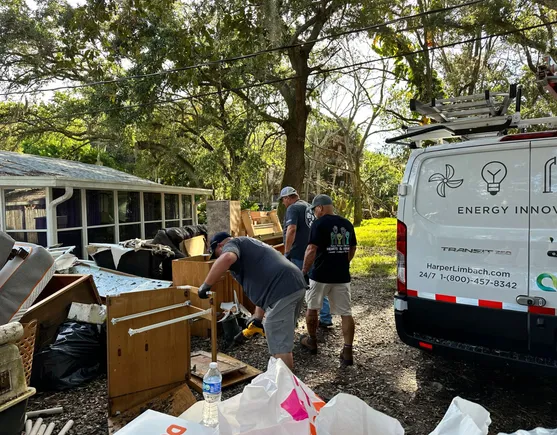About 57% of CHROs and 75% of people leaders are considering leaving their roles in the next 8-12 months, which could damage business continuity and growth, according to an Aug. 20 report by Blu Ivy Group.
Major HR attrition could destabilize organizations due to a drop in institutional knowledge, a decrease in productivity and a weakening culture, according to the report.
“The future of business is at stake if we don’t address this HR leadership crisis immediately,” Stacy Parker, co-founder of Blu Ivy Group, said in a statement.
“The exodus of people leaders will disrupt day-to-day operations, undermine innovation and threaten companies’ ability to stay competitive,” she said. “CEOs must act decisively to support their HR leaders and ensure the health of their organizational culture.”
In more than 500 surveys and 50 interviews with CHROs and people leaders in the U.S. and Canada, 43% said they spend less than 10% of their time on long-term strategic planning. Continuous crisis management compromises strategic oversight and undermines growth, the report found.
The burnout crisis is also escalating, with 58% of CHROs saying they’re burned out and citing it as their top concern, followed by inadequate C-suite support. Burnout is leading to less effective leadership, lower employee morale and lower retention, they said.
To overcome burnout and improve productivity, Blu Ivy Group recommended fostering a strategic partnership with HR leaders, investing in employee listening, developing leadership value propositions and committing to work-life balance initiatives in 2025.
Nearly half of HR professionals are new to their job and have been in their role for two years or less, indicating a potential area in need of more support, according to a Paycor report. In addition, C-suite executives said they see HR as the owner of leadership development and cited a “lack of HR support” as the top reason for ineffective management.
Burnout is up among HR staff, with three-quarters saying burnout has become more challenging compared to pre-pandemic times, according to a Gartner survey. More than half reported increased difficulty with retaining and recruiting HR employees as well.
Disruptive change is hitting managers and leaders the hardest right now and putting them at risk for burnout, according to a Gallup survey. Employees who reported disruptive change were also less engaged, less connected to their organization’s culture and more likely to leave.






Leave a Reply